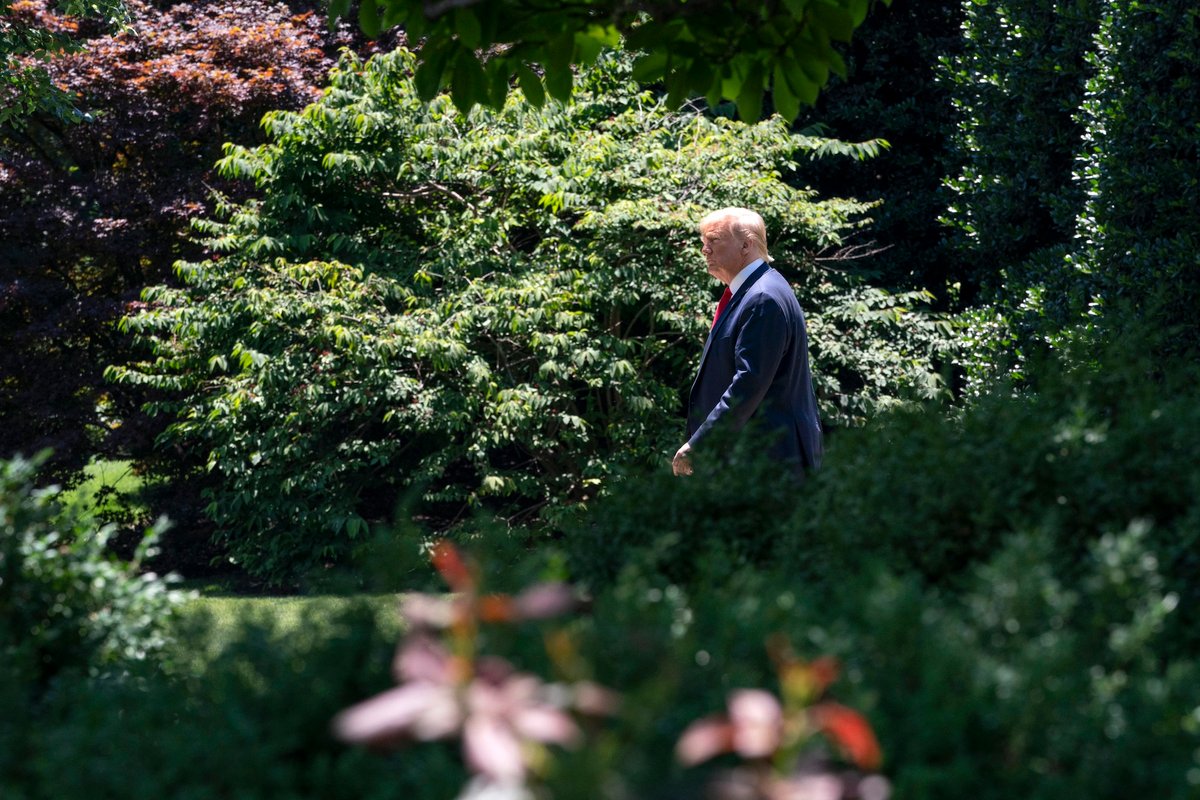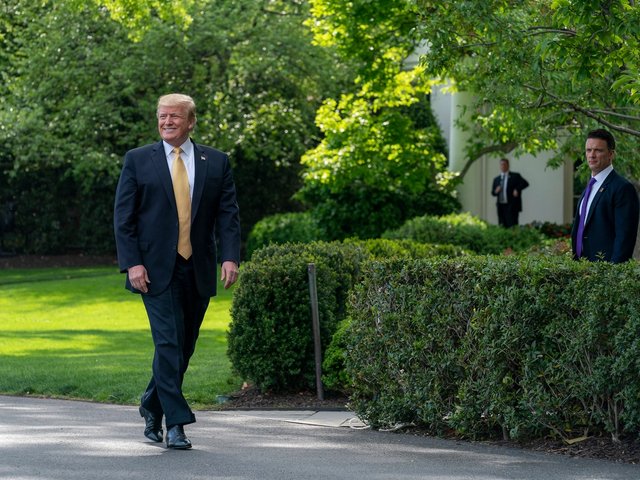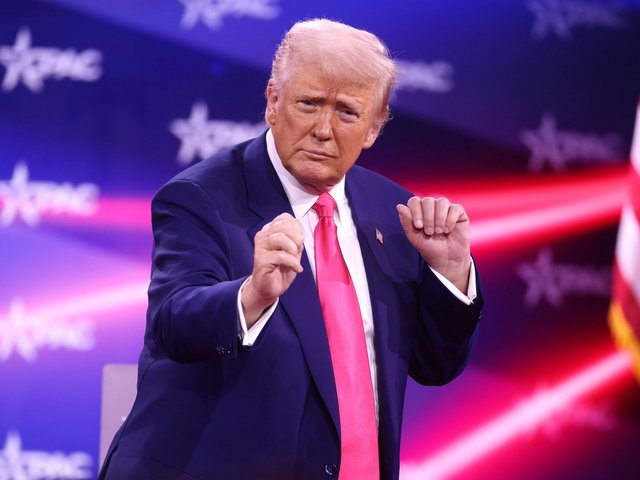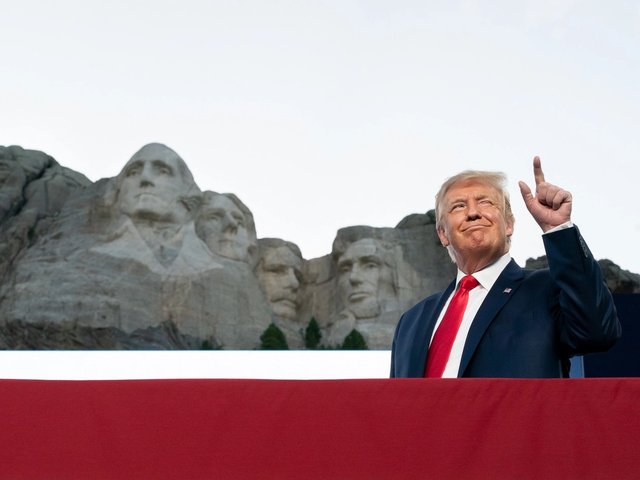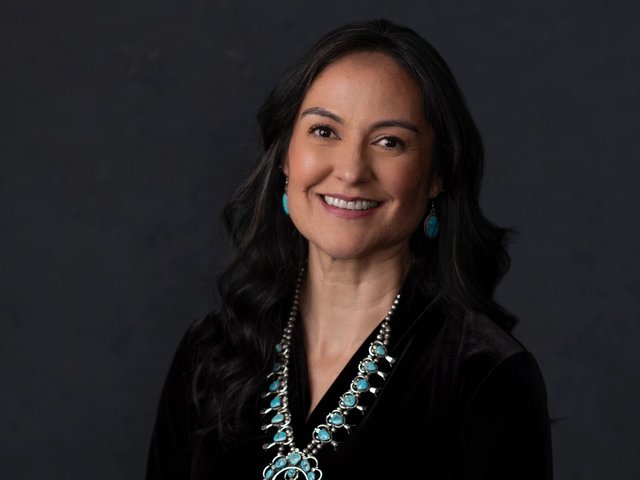One week after abruptly cancelling grants worth tens of millions of dollars that had been awarded to organisations large and small across the US, the National Endowment for the Humanities (NEH) is now redirecting those funds to building one of President Donald Trump’s pet projects, the so-called “National Garden of American Heroes”. The reallocation of those funds, first reported by The New York Times, may face legal challenges as NEH funding is determined by Congress and monies are legally required to be disbursed to state humanities councils; last year, those councils received around $65m in federal funding.
According to the Times, the agency’s acting chair, Michael McDonald, told the members of the National Council on the Humanities in a meeting on Wednesday (9 April) that the NEH will redirect its funds to support Trump’s priorities, in particular plans for the sculpture garden—a project he first floated during his first term. In his final days in office in 2021, Trump issued an executive order directing the NEH and the National Endowment for the Arts (NEA) to devote one twelfth of their funding towards the project. The NEA and NEH both received appropriations of $207m from Congress for fiscal year 2024, so the executive order would have mandated the agencies to each provide around $17.2m to the project. (Joe Biden rescinded the order after taking office.)
Attendees of Wednesday’s meeting who spoke to the Times said that around $17m from both the NEA and NEH is being devoted to building the National Garden of American Heroes. A cost of between $100,000 and $200,000 per statue was also reportedly discussed. Representatives for the NEA and the NEH did not respond to The Art Newspaper’s inquiries.
Trump renewed efforts to have the sculpture park built early in his second term, touting plans to open the garden in time for the 250th anniversary of the US’s founding on 4 July 2026. The location of the park, the landscape architects who will design it and the artists who will execute its monuments are all unknown. Last month Larry Rhoden, the governor of South Dakota, sent Trump a letter suggesting his state’s Black Hills would be an ideal location for the sculpture park, in view of Mount Rushmore. (Trump first made public his desire for a patriotic sculpture park during a July 2020 speech at Mount Rushmore.)
Trump has, however, provided more details as to the “American Heroes” who should be honoured in the park, specifying that there should be 250 monuments in all. His 2021 executive order listed 244 people, including historical political figures like George Washington, Thomas Jefferson, Benjamin Franklin, Frederick Douglass and Martin Luther King Jr; the late basketball superstar Kobe Bryant; Classic Hollywood film stars like Lauren Bacall, Humphrey Bogart and Jimmy Stewart; the musician Whitney Houston; the architect Frank Lloyd Wright; and authors like Herman Melville and Mark Twain. It included six visual artists: Ansel Adams, John James Audubon, Charles Willson Peale, Norman Rockwell, Gilbert Stuart and John Singer Sargent. The list also includes divisive figures like Christopher Columbus, Andrew Jackson, Antonin Scalia and Barry Goldwater.
In addition to radically redirecting the NEH’s funding, the Trump administration is making deep cuts to its staff: a union representing federal employees told USA Today that around 65% of NEH had received termination notices by Thursday night. The administration has also sought to eliminate the Institute of Museum and Library Services (IMLS), one of the only other federal agencies funding the arts and humanities, though it is being sued by the attorneys general of 21 states, an employee union and a library association over those efforts.


